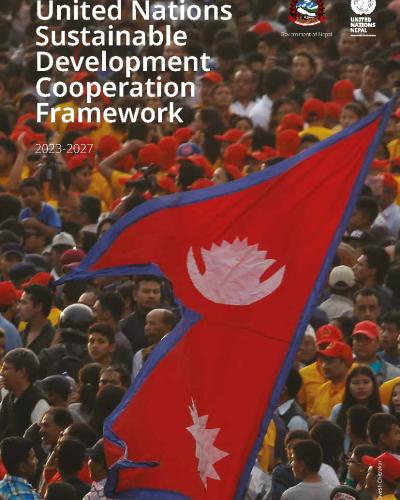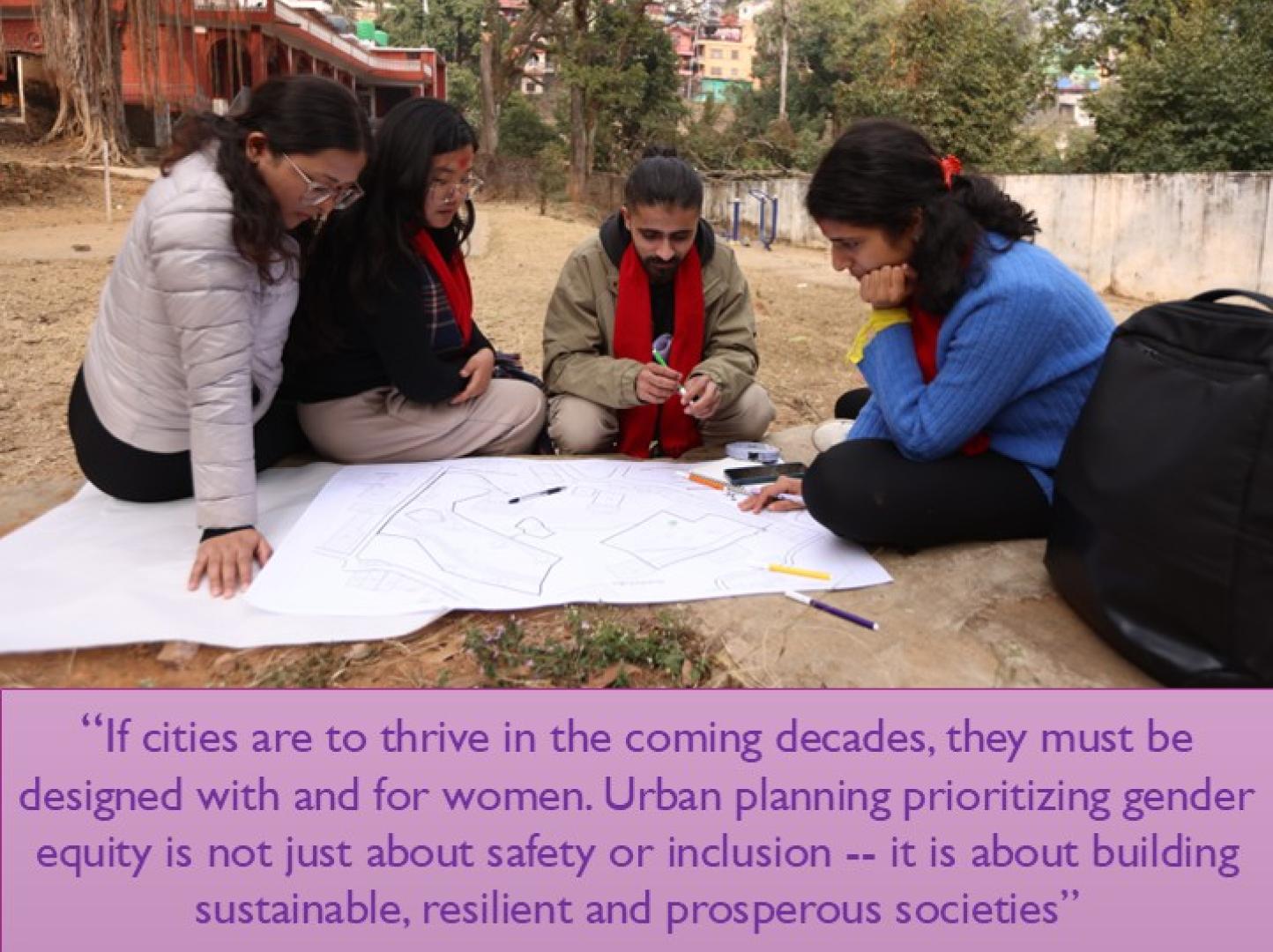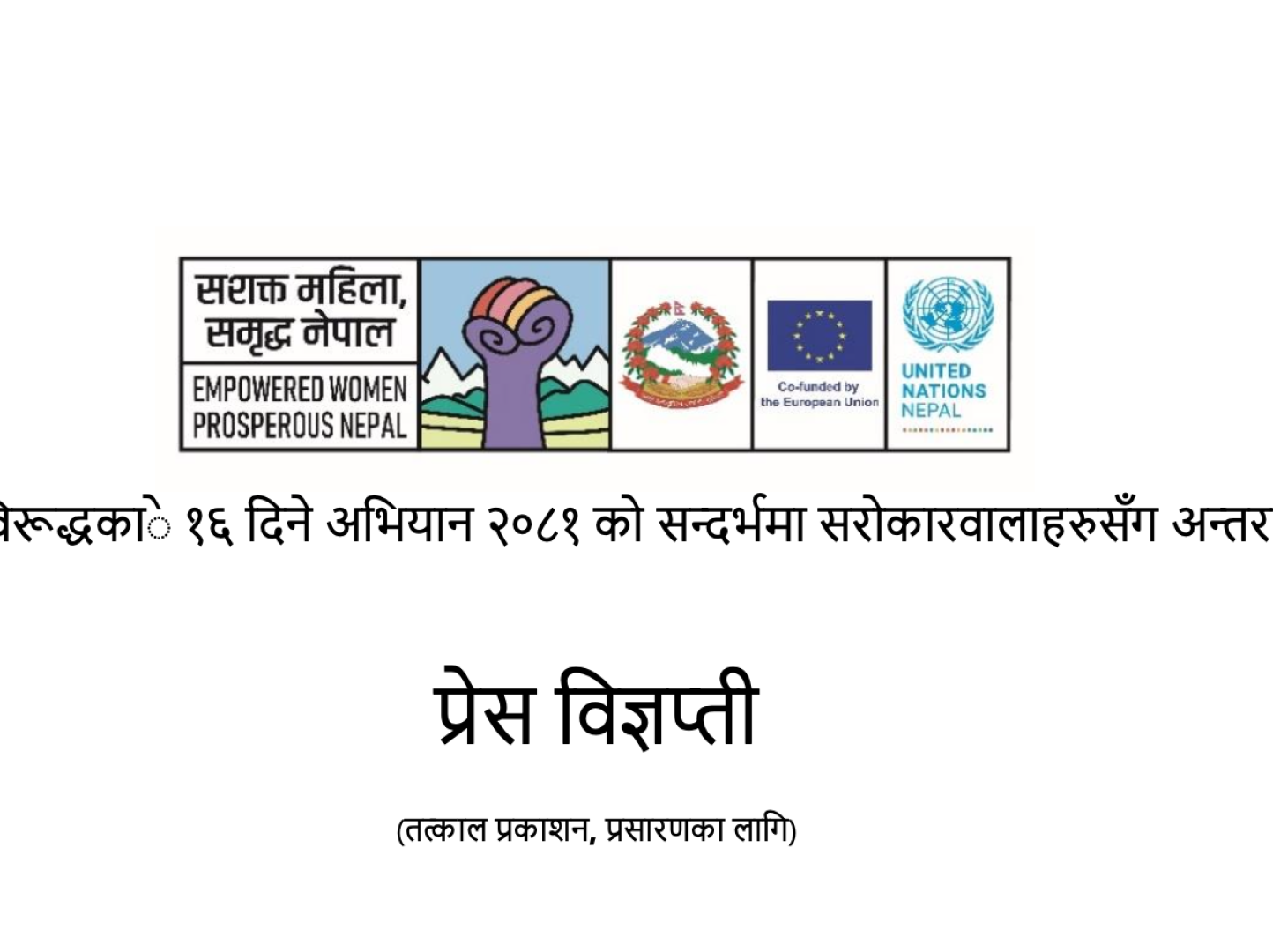United Nations Sustainable Development Cooperation Framework (UNSDCF) Nepal 2023-2027

Nepal has achieved remarkable progress in development in recent decades. There has been a significant reduction in the number of people living in poverty, a decline in maternal and child mortality rates, alongside notable improvements in nutrition and reductions in stunting. Moreover, there has been an increase in life expectancy, school enrollment rates, and access to drinking water and sanitation.
Nepal has harnessed hydropower as a sustainable energy source, contributing to domestic needs and generating revenue through exports. The expansion of roads, communications, and air transport infrastructure reflects the country's commitment to increased interconnectedness. These collective advancements have elevated Nepal’s Human Development Index (HDI) to 0.602from 2021 to 2022.
The United Nations Sustainable Development Cooperation Framework (UNSDCF) 2023-2027 represents the strategic partnership between the Government of Nepal and the United Nations Nepal to further accelerate social and economic transformation across the nation. The Cooperation Framework represents the UN development system’s collective response to support Nepal in advancing its Sustainable Development Goals (SDGs), recover from the impacts of the Covid-19 pandemic, and graduate from the status of a Least Developed Country (LDC), all while forging inclusive and sustainable development with a commitment to leave no one behind.
The UNSDCF transforms the way the United Nations (UN) development system in Nepal undertakes planning and programming. It serves as the basis for all agency activities within the country, ensuring the UN delivers as one.
Considering the impacts of COVID-19 and the potential change in the development finance landscape due to Nepal’s transition from the LDC category in 2026, the CF has placed a particular emphasis on sustainable and inclusive economic transformation. It is also strongly aligned with addressing key development priorities in the Government of Nepal's 15th Plan and emergent 16th Plan, as well as international commitments and norms to which Nepal is a party.
The Cooperation Framework has four interrelated, mutually reinforcing, and multisectoral Strategic Priorities. The UN development system will focus its expertise to support transformational and accelerated progress in sustainable development and contribute to the achievement of the SDGs by 2030:
Strategic Priority 1: Sustainable, Resilient, and Inclusive Economic Transformation
Strategic Priority 2: Inclusive and Transformative Human Development
Strategic Priority 3: Environment Sustainability, Climate and Disaster Resilience
Strategic Priority 4: Governance, Federalism, Participation, and Inclusion
The Cooperation Framework is based on extensive consultations with diverse stakeholders to identify these four priority areas. The guiding principles throughout this process encompass a comprehensive human rights-based approach to development, an emphasis on inclusion, a focus on gender equality and women’s empowerment, and a commitment to sustainability and resilience. These principles emphasize accountability and transparency, ultimately contributing to the achievement of the 2030 Agenda and its SDGs.





















